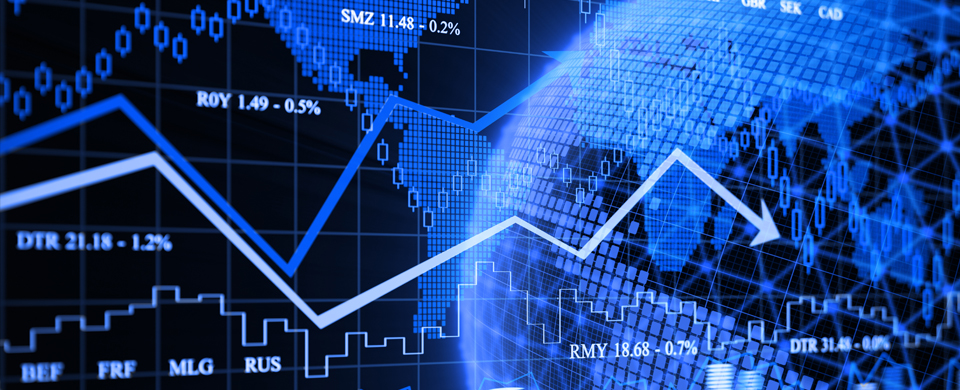IB Economics Course – What it’s All About
For those future economists, statisticians, and stockbrokers, the economics course is the one for you. It is in this course that you will learn about economic theories and some elementary econometrics (maths and economics) as well as looking at worldwide, national and local news. So, what can future economists expect?
Matthew Kelly, one of the IB Economics teachers, states, “(Students can expect) lots of reading and lots of writing! It might be more than they expect, but they soon get the hang of it because there is lots of practice and progress in the first semester. Also, if students really want to develop their skills, they can pick up many different ideas and case studies and books to explore further, so there are lots of options in economics.”
PantherNation also interviewed Colin Vanelli, a higher level economics students who are well aware of what t he course has to offer. He states that he thought the most interesting part of the course was gaining deep insight into government decision making. “You learn everything from trade policy to tax rates,” he says, “which is a really useful knowledge base in understanding politics.”
he course has to offer. He states that he thought the most interesting part of the course was gaining deep insight into government decision making. “You learn everything from trade policy to tax rates,” he says, “which is a really useful knowledge base in understanding politics.”
Mr Kelly seems to agree with Colin, saying that the economics course is similar to the Business course, in that we learn about real issues. “We talk about headlines, the things that are happening today, and we try to understand them through an economic lens,” he states, “I really enjoy that, being able to talk about the news with students, but also being able to see progress in student thinking and problem-solving.”
So, what is the most difficult part of the course? What may be the thing holding students back from getting a 7? Colin states, “I think that understanding and remembering all the concepts is difficult for some people, but it is all pretty intuitive if you do not make it complicated for yourself.” Mr Kelly also states that the economic theory is quite abstract, which can be complicated for students to understand, but also says, “I think, initially, it is writing essays. However, with enough practice can often conquer that, and it becomes less of an issue in the long term.”
Overall, the course studies all key aspects of economics, with year 1 studying microeconomics (markets for individual goods and individual decision making), and macroeconomics (markets for entire countries), and year 2 focusing on International and Development economics. The differences in higher level economics and standard level economics are quite clear.
“Higher level students have more mathematics, but it is not intimidating. Higher level students also learn a bit more about business; so we learn about costs, revenues, monopolies, things like that. To summarise there is a bit of a difference in content and a bit of a difference in exams, and there is also a mathematical paper, but it is not that difficult.” Mr Kelly states.
Overall, the course will give you deep insights into the political and economical world. For anyone going into economics, you are sure to leave the course with a wider understanding of the world around you.
Darin Sumetanon





